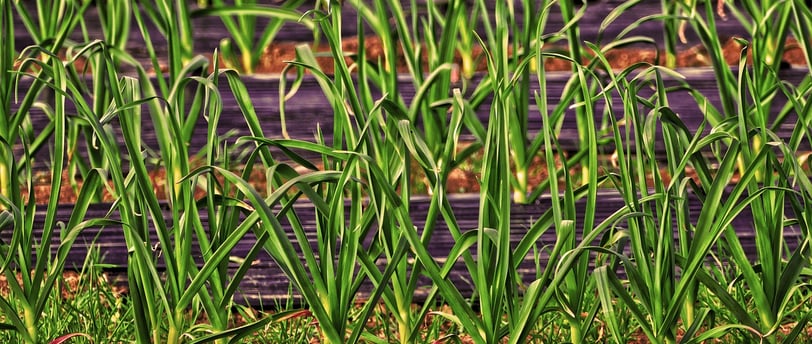The Vital Role of Mulch Film in Modern Agriculture
Discover how mulch film enhances agricultural practices by suppressing weeds, regulating soil temperature, retaining moisture, and improving crop quality. Explore its sustainability benefits and cost-effectiveness, making it an essential tool for farmers aiming for successful and eco-friendly crop production.
BLOG POSTS
Quadrova Ventures
10/26/20242 min read


The Importance of Mulch Film in Agriculture
In the quest for sustainable and efficient farming practices, mulch film has emerged as a vital tool for agricultural success. While it may seem like a simple layer of plastic, the benefits it brings to crop production are substantial. Let’s explore why mulch film is essential in modern agriculture.
1. Weed Suppression
One of the primary benefits of using mulch film is its ability to suppress weed growth. By covering the soil, mulch film blocks sunlight from reaching weed seeds, preventing them from germinating. This not only reduces competition for nutrients and water but also decreases the need for herbicides, promoting a more eco-friendly approach to farming.
2. Soil Temperature Regulation
Mulch film helps regulate soil temperature, creating a more stable environment for plant roots. In cooler climates, the film can warm the soil, promoting earlier planting and potentially increasing yields. Conversely, in hot weather, it can help maintain cooler soil temperatures, protecting delicate root systems from heat stress.
3. Moisture Retention
Water conservation is crucial in agriculture, especially in regions prone to drought. Mulch film minimizes evaporation from the soil surface, helping retain moisture for longer periods. This not only reduces irrigation needs but also supports healthier plants, as they have a more consistent supply of water.
4. Pest Management
Certain types of mulch films can help manage pests. For instance, reflective mulch can deter pests by disrupting their ability to locate plants. Additionally, the barrier created by the film can prevent some soil-borne diseases from reaching the crops, leading to healthier harvests.
5. Improved Crop Quality
With reduced weed competition, regulated soil temperatures, and better moisture retention, crops grown under mulch film often exhibit improved quality. This can translate to higher market value, as consumers tend to prefer produce that is visually appealing and free from blemishes caused by pests or diseases.
6. Sustainability Benefits
The use of mulch film can contribute to sustainable agricultural practices. By reducing the need for chemical herbicides and minimizing water usage, farmers can lower their environmental footprint. Moreover, many mulch films are now made from biodegradable materials, allowing for an even more sustainable approach.
7. Cost-Effectiveness
While there is an initial investment in purchasing mulch film, the long-term savings can be significant. Reduced labor costs from less weeding, lower water bills due to enhanced moisture retention, and increased yields all contribute to a healthier bottom line for farmers.
Conclusion
Incorporating mulch film into agricultural practices offers numerous advantages that go beyond mere aesthetics. From improving crop yields to promoting sustainability, mulch film is a game-changer in modern farming. As we continue to face challenges such as climate change and resource scarcity, adopting effective tools like mulch film will be crucial for the future of agriculture. Whether you’re a small-scale farmer or managing a large operation, the benefits of mulch film are clear: it’s an essential component of a successful and sustainable agricultural strategy.

Innovation
Empowering agriculture with quality products and solutions.
Contact us
info@quadrovaventures.com
+91-84464 80744
© 2024. All rights reserved.
Pune, Maharashtra, India
